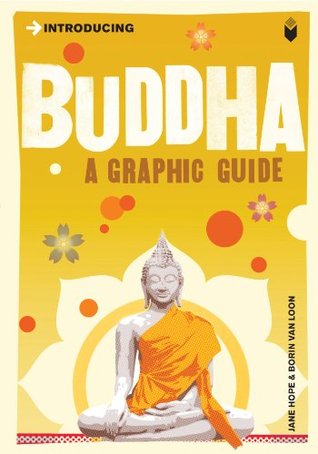More on this book
Community
Kindle Notes & Highlights
As human beings we all suffer from a fundamental anxiety that creeps into all our activities and makes lasting peace or joy impossible.
Smruthi Suriyanarayanan liked this
The peace and equanimity of the Buddha comes from an acceptance of the transitory nature of life.
That so-called permanent entity is known as “ego”. When we look for this sense of self, there is nothing concrete or real or solid that we can call “me”. This leads to constant insecurity. Not seeing the truth of impermanence and egolessness, we suffer because we do not know who we are. The more we cling to the belief in a self, the more pain and alienation we feel.
Smruthi Suriyanarayanan liked this
Enlightenment is the total sense of freedom that comes from letting go of the concept of being an individual “self”. It is a long journey towards being able to trust that such freedom is possible.
The glimpses of enlightened mind provides the motivation to find a way out of confusion. The Buddha told of a path that ordinary people could travel on to find their own liberation.
In meditation practice, we learn to let go of the thoughts and fantasies that block the direct intuitive experience of who and what we really are. Our constant mental activity is what maintains the illusion of a separate self, and this effort makes us weary.
We are preoccupied with the past, which has already happened, and we are pre-occupied about the future, which does not yet exist. We worry about what will happen and we think about various things that make us feel anxious, frustrated, passionate, angry, resentful, afraid. While we are so preoccupied, our awareness of the here-and-now slips by and we hardly notice its passing. We eat without tasting, we look without seeing and live without ever perceiving what is real. Meditation practice is not concerned with perfecting concentration, or getting rid of thoughts, or trying to be peaceful. The
...more
Smruthi Suriyanarayanan liked this
Karma literally means “action” – it is the law of cause and effect. Karma is both the power latent within action and the results our actions bring. Each action, even the smallest, will have consequences. To a Buddhist, therefore, every action, thought or word is important and has consequences.
The Hinayana is narrow in the sense that the strict discipline of meditation narrows down or tames the speed and confusion of mind. It allows simple and direct experience of the mind. As well as the discipline of meditation, the Hinayana also stresses the importance of discipline, of being attentive to conduct.
Individual suffering was overcome by a compassion that was so all-embracing that personal sorrow lost its meaning. Paradoxically, if we accept our own suffering and fully relate it with the suffering of others, we transform that pain into a means of liberation.
The ideal of the Bodhisattva transformed early Buddhism which had sought escape from the world, and changed it from a collection of schools – all claiming to possess the true interpretation of the Buddha’s teaching - into a world religion in which individual freedom takes second place to a sense of responsibility for the liberation of all beings. Compassion and empathy for one’s fellow beings becomes more important than escape from one’s own suffering.
We have to make friends with ourselves and be kind to those aspects of ourselves we like least. Learning to be kind to ourselves brings the discovery that fundamentally we are quite soft. We become
hard when we habitually deny our own woundedness and blame others for causing our pain. In admitting our own hurt, we become soft and vulnerable.
The essence of Mahayana practice is developing compassion by training the mind to reverse ego’s normal logic of self-centredness. Mahayana practice trains us to identify our true enemy as ego-clinging rather than locating enemies in the outside world.
Zen points to enlightenment being found in the present moment, and all of its methods are to wake the student up to the understanding. More than any other school, it stresses the prime importance of the enlightenment experience and the uselessness of religious ritual and intellectual analysis for the attainment of liberation.


